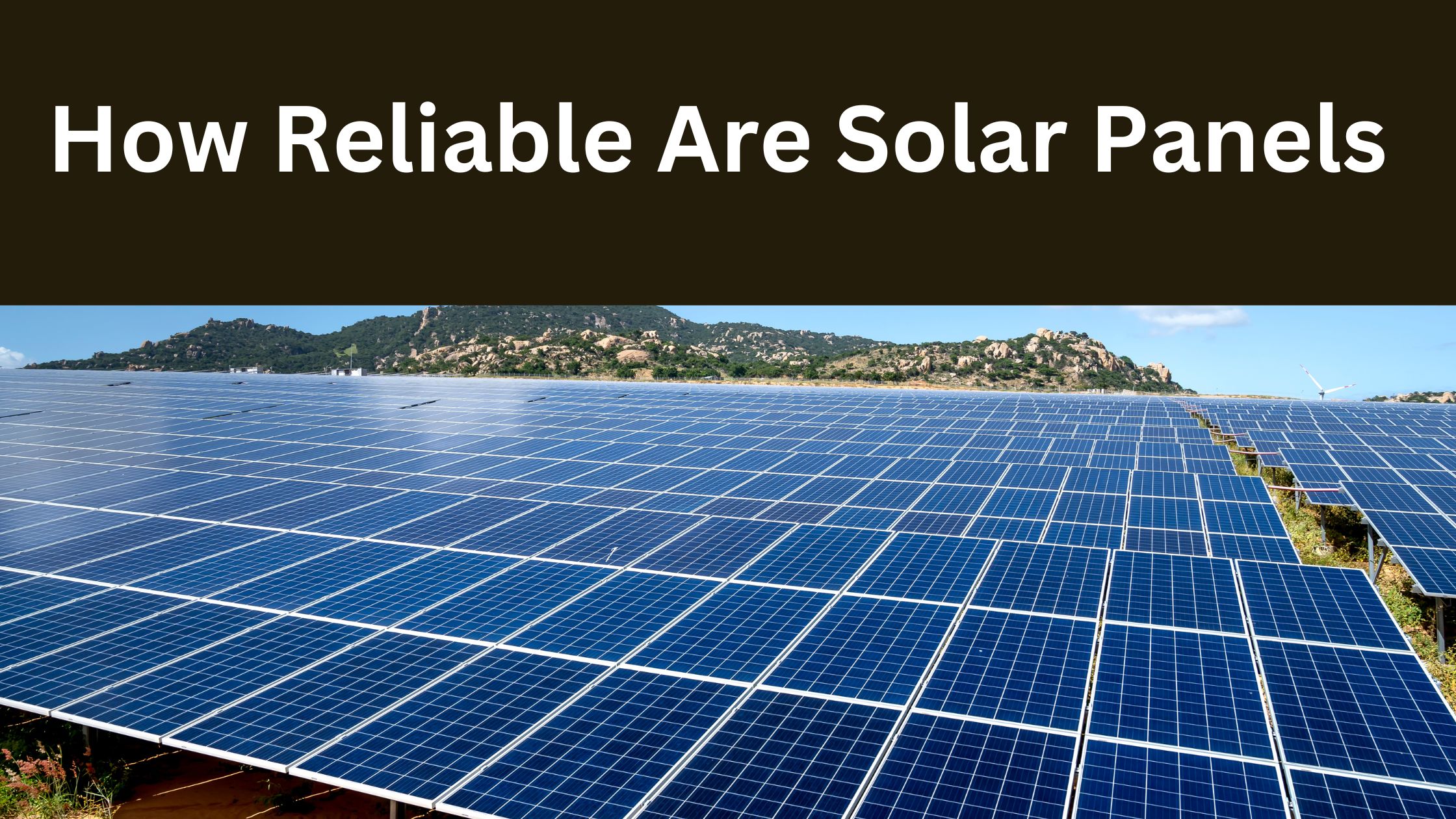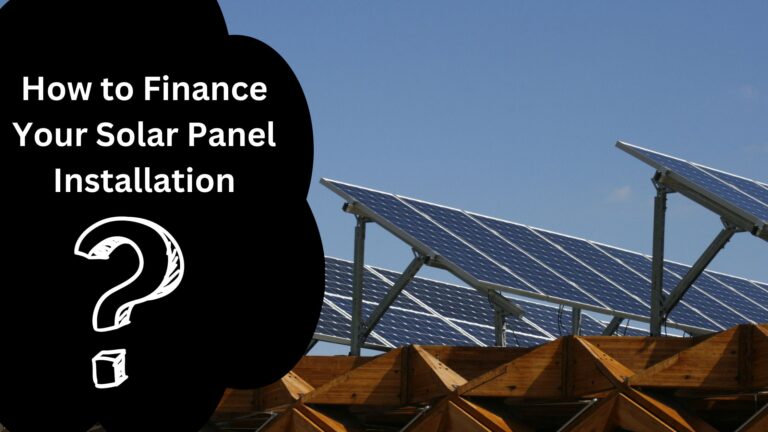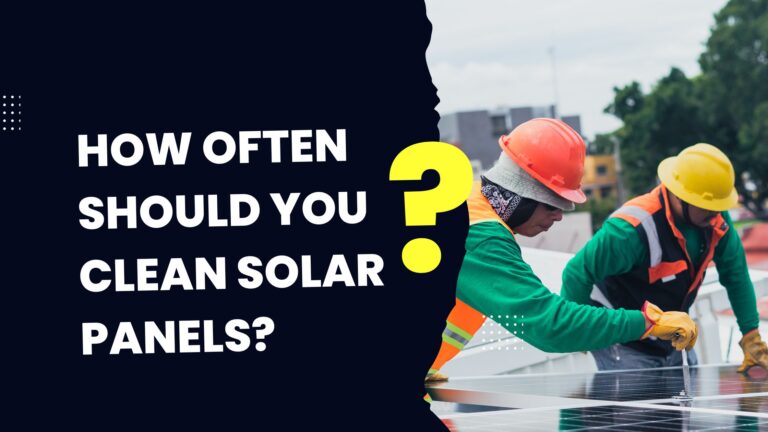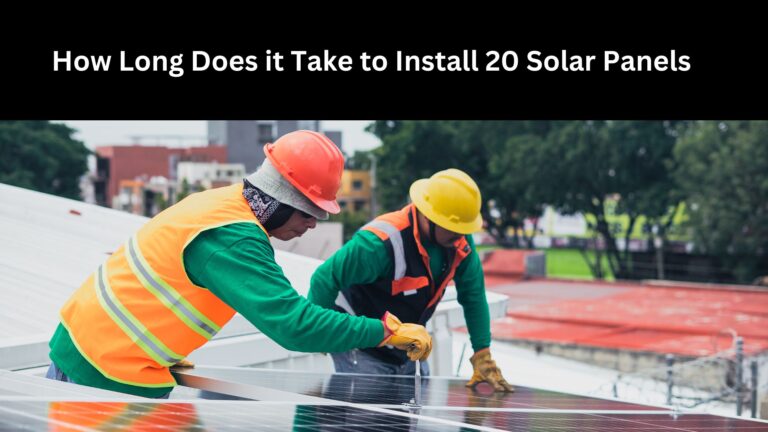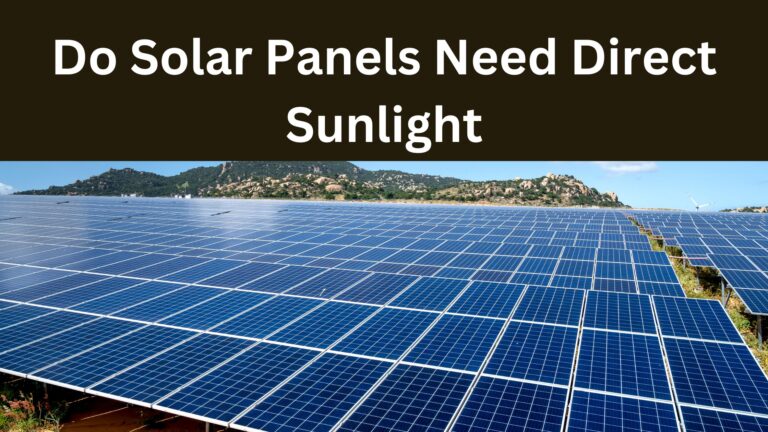How Reliable Are Solar Panels
As the world embraces renewable energy solutions to combat climate change and reduce our dependence on fossil fuels, solar panels have emerged as a leading technology in the transition to a sustainable energy future. Solar panels, or photovoltaic (PV) panels, are renowned for their reliability, converting sunlight into electricity with impressive efficiency. This article delves into how reliable are solar panels, examining the factors contributing to their long-term performance, the durability of their design, and the role they play in powering a cleaner, greener world.
The Longevity of Solar Panels
Solar panels have proven themselves to be remarkably durable and long-lasting energy solutions. This reliability is reflected in the generous warranties provided by manufacturers, which often extend to 25 years or more. Importantly, these warranties are not arbitrary; they are based on extensive research and rigorous testing that demonstrates the panels’ ability to withstand the test of time.
1. Performance Guarantees:
Solar panel warranties often include performance guarantees, assuring customers that the panels will maintain a certain level of efficiency for the duration of the warranty. For example, a typical warranty might guarantee that the panels will produce at least 80% of their rated power after 25 years. This indicates that solar panels are expected to perform well beyond their warranty periods, with only a gradual reduction in efficiency.
2. Degradation Rate:
The gradual decrease in efficiency over time, known as the degradation rate, is a key aspect of solar panel reliability. On average, most high-quality solar panels have degradation rates of approximately 0.5% to 1% per year. This means that even after several decades, solar panels will likely still be producing a substantial amount of electricity.
The Durability of Solar Panels
The reliability of solar panels is closely linked to their robust design and construction. These panels are engineered to endure a wide range of environmental conditions and are known for their durability.
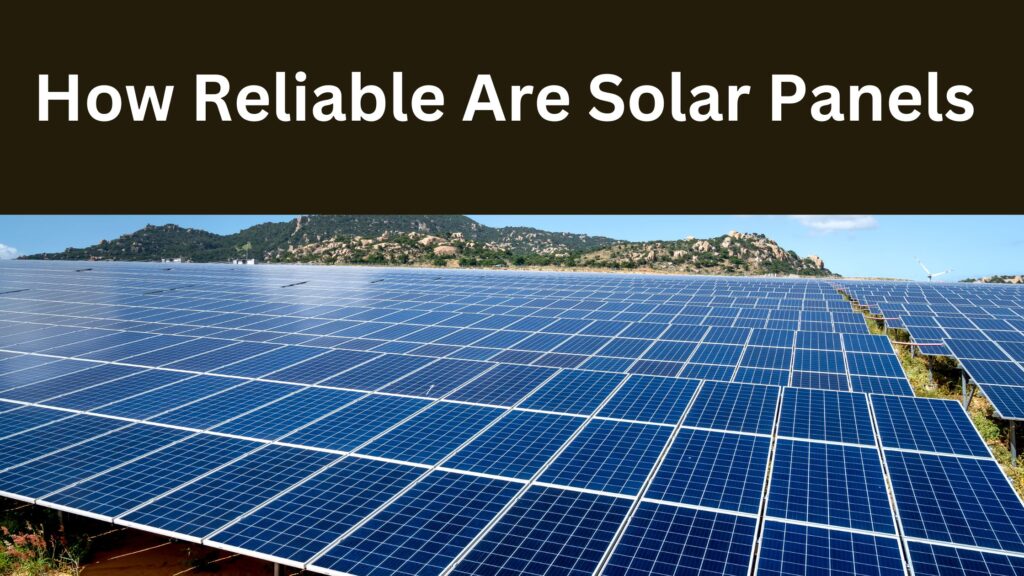
1. Weather Resistance:
Solar panels are designed to withstand harsh weather conditions. They have tempered glass covers that are highly resistant to impact, including hail, snow, and rain. Additionally, their frames are typically made of corrosion-resistant materials such as aluminum, ensuring they remain structurally sound even in wet and humid environments.
2. High-Temperature Performance:
Solar panels are also built to handle high temperatures. They are equipped with heat-resistant materials and coatings that allow them to maintain their efficiency even during hot summer days.
3. Low Maintenance:
Solar panels require minimal maintenance. There are no moving parts in a solar panel system, which reduces the risk of mechanical failure. Maintenance typically consists of occasional cleaning to remove dirt, debris, and bird droppings, which can be performed with a hose and a soft brush. Routine inspections by professionals can identify and address any issues before they become significant.
Inherent Reliability
The inherent reliability of solar panels is another crucial factor in their long-term performance. Unlike many other power generation technologies, solar panels rely on a solid-state process that involves no combustion or chemical reactions. This makes them less susceptible to breakdowns and wear and tear.
Also Read The Cost of Installing Solar Panels: What You Need to Know
1. No Moving Parts:
Solar panels consist of stationary components that do not require constant motion or adjustment. Unlike traditional generators, they do not have mechanical parts that wear out over time, reducing the risk of mechanical failure.
2. Silent Operation:
The silent operation of solar panels is a testament to their reliability. With no noise or vibration generated during power generation, they contribute to a peaceful and disturbance-free environment.
3. Steady Output:
Solar panels provide a steady output of electricity as long as they are exposed to sunlight. This consistency is vital for grid stability and reliability.
Also Read How Long Does it Take to Install 20 Solar Panels
Warranties and Certification
The reliability of solar panels is further reinforced by the warranties and certifications provided by manufacturers and industry organizations. These warranties guarantee performance and product quality, giving consumers peace of mind when investing in solar technology.
1. Product Warranties:
Product warranties typically cover manufacturing defects and malfunctions in the panels themselves. Most solar panel manufacturers offer warranties ranging from 10 to 25 years, with many offering longer guarantees for their premium products.
2. Performance Warranties:
In addition to product warranties, performance warranties assure that the solar panels will maintain a certain level of efficiency throughout their lifespan. These warranties often extend for 25 years and serve as a testament to the long-term reliability of solar panels.
3. Certification:
High-quality solar panels undergo extensive testing and certification processes to ensure they meet industry standards for safety, reliability, and performance. Certification by reputable organizations provides assurance of the panels’ quality and dependability.
Conclusion
Solar panels have earned their reputation as highly reliable sources of clean, renewable energy. Their longevity, durability, and inherent reliability make them a wise investment for homeowners and businesses alike. With the potential to continue producing electricity well beyond their warranties, they play a vital role in reducing carbon emissions and promoting a sustainable future. As technology and materials continue to advance, solar panels will only become more dependable, further powering the world towards a greener, cleaner future.
Also Read How To Maximizing Your Investment: A Comprehensive Guide to Solar Panel ROI

Solar Energy Engineer, Founder of Solar Panel Guide Blog, and passionate advocate for a sustainable future. ☀️🌿 #SolarEnergy #Renewables Read More About Peter
